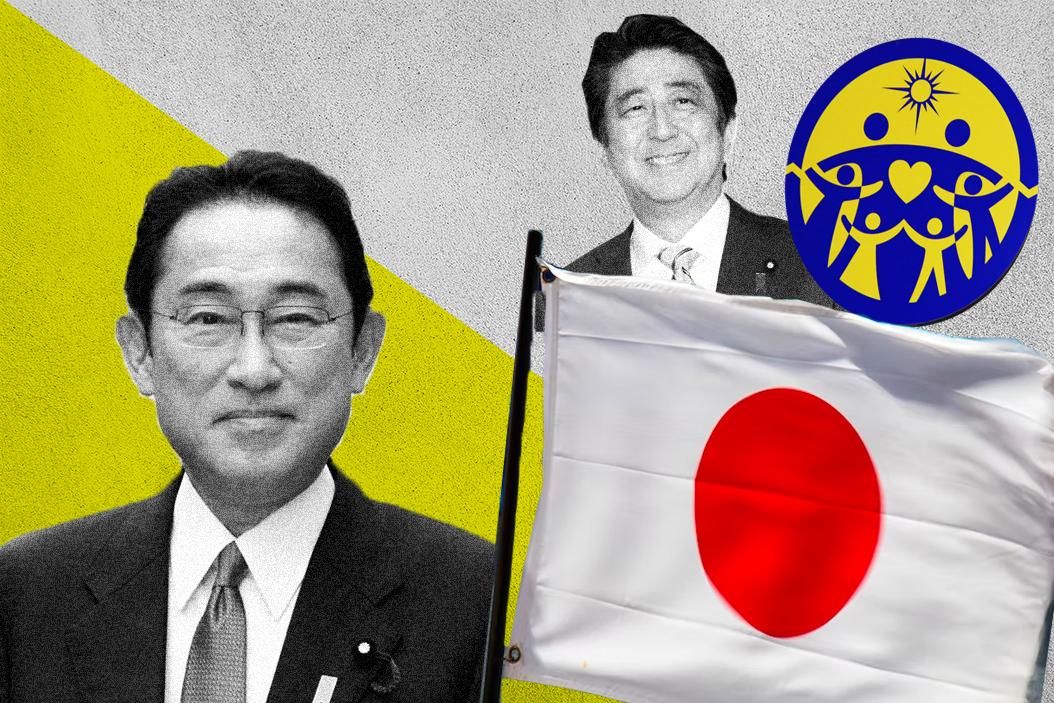Hard Numbers: Kishida enters danger zone, Iran protests death toll, CCP vs COVID, Chile gets surplus
35: A new poll has the approval rating of Japan's Prime Minister Fumio Kishida at only 35%, the lowest since he took office a year ago. Kishida's popularity has nosedived since the assassination of former PM Shinzo Abe put a spotlight on the ruling party's ties with the controversial Unification Church.
185: That’s the number of people killed so far as women-led protests against Iran's theocracy enter their fourth week. On Saturday, the state-run broadcaster was hacked to show a picture of Supreme Leader Ali Khamenei burning in flames and with a target on his head.
1,700: China reported on Sunday over 1,700 new COVID infections, more than triple the number from Oct. 2. Authorities are scrambling to contain local outbreaks just a week before the 20th Congress of the Communist Party, at which many once hoped Xi Jinping would finally relax the zero-COVID policy.
1.6: By the end of the year, Chile's government will have a bigger-than-expected budget surplus worth 1.6% of GDP. After losing the constitutional referendum vote, leftwing President Gabriel Boric has swung to the center, abandoning some big-spending campaign promises to keep Chile's finances in check as a global recession looms.This article comes to you from the Signal newsletter team of GZERO Media. Sign up today.
